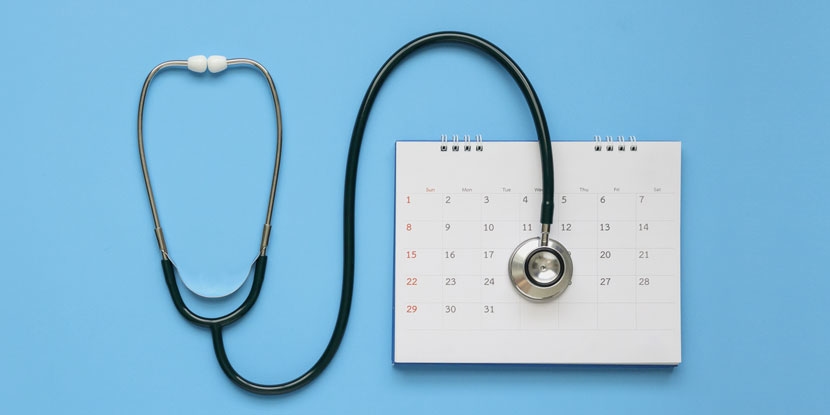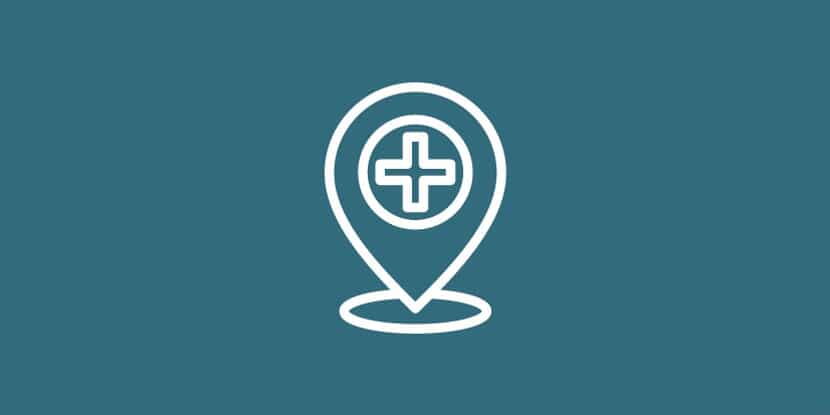
Stroke Center
State-of-the-Art Care for Patients Who Have Suffered a Stroke
The brain needs a constant supply of blood and oxygen to function. If blood flow to the brain is interrupted, then brain cells can die, resulting in permanent brain damage. A stroke is an event where the brain is cut off from its blood supply. The most common type of stroke is an ischemic stroke, which is caused by an artery blockage in the carotid artery that transports blood to the brain. Patients with high blood pressure or excessive artery plaque (atherosclerosis) have increased risk factors for this type of stroke.
Strokes occur rapidly and the brain can quickly lose function once a stroke occurs. For this reason, it is critical that you know the warning signs of a stroke and seek emergency medical attention immediately when they occur.
The BE FAST method is one of the quickest ways to identify signs of a stroke:
- Balance: Wobbly
- Eyes: Vision Loss
- Face: Drooping
- Arm: Weakness
- Speech: Slurring
- Time: Time to Call 911
Any one of these SIGNS could mean a STROKE
Southwest General’s Stroke Program
Southwest General’s award-winning Stroke Center provides state-of-the-art care for stroke patients as well as ongoing efforts in stroke prevention.
Patients benefit from:
- Modern and efficient acute-care facilities
- Quality, compassionate care
- State-of-the-art procedures and medications
- Stroke-oriented patient education
- An interdisciplinary team-oriented approach to care
- An emphasis on wellness that continues post-treatment to promote a healthy lifestyle
The Stroke Center’s programs to manage and prevent strokes include:
- Rapid diagnosis
- Emergency and first responder interaction
- Rapid treatment
- Patient follow-up
- Community and patient education
In addition to addressing the physical needs of stroke patients, Southwest General’s Neurosciences team has worked to raise public awareness of the signs and symptoms of stroke so that people can take appropriate action and call for help if someone appears to be having a stroke.
Award-Winning Stroke Care Services
Southwest General’s Stroke Center has been awarded Advanced Certification as a Primary Stroke Center from the Joint Commission. This certification recognizes Southwest General’s adherence to consensus-based national standards and guidelines that can significantly improve outcomes for stroke patients by managing and optimizing care.
Skilled and Committed Professionals
The neurologists, neurosurgeons and support staff that make up the Stroke Center’s medical team are specially trained to respond effectively and efficiently when patients present with stroke symptoms. As a Primary Stroke Center, Southwest General’s staff is trained to do this in compliance with the “Recommendations for Primary Stroke Centers” published by the Brain Attack Coalition. Their skills have been honed to assure that they intervene quickly to preserve brain tissue to maintain patient functions.




